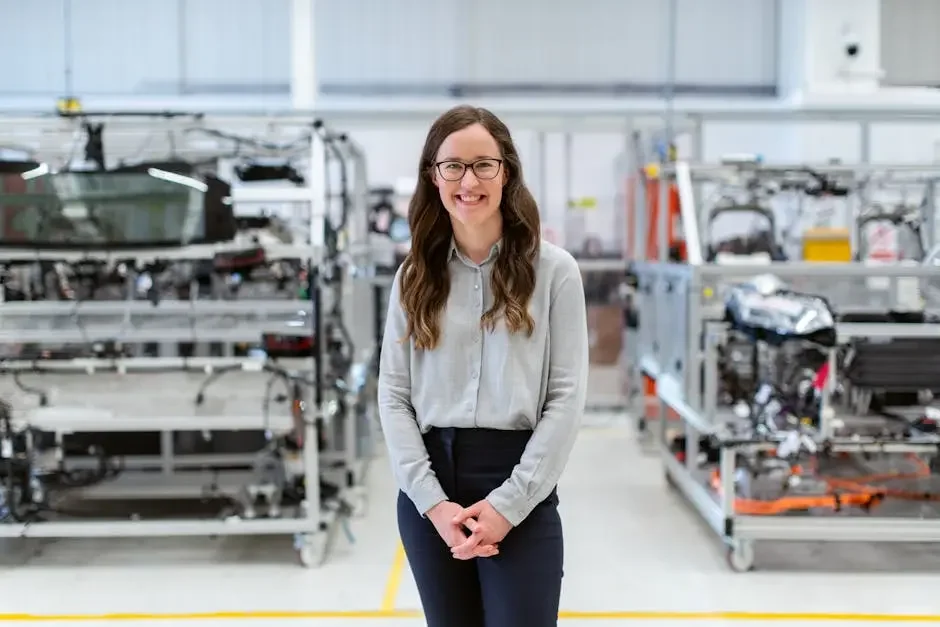How Do Engineering Services Improve Quality and Tolerance in Plastic Parts?
Engineering services play a crucial role in enhancing the quality and precision of plastic parts. This FAQ guide explores how these services contribute to better product outcomes.
Understanding Engineering Services
Engineering services encompass a range of support and expertise that assist in designing, developing, and producing plastic parts with precision.
But what exactly do these services include? They range from initial concept development and feasibility studies to detailed engineering analysis and prototype creation. This process is vital to ensuring that plastic parts meet both functional and aesthetic requirements.
Moreover, engineering services are not just about technical skills; they also incorporate communication and collaboration with clients to understand their unique needs. The result is a tailored approach that enhances the end product's quality.
Role of Simulation in Quality Enhancement
Simulations allow engineers to foresee potential issues in design and material choice, helping to preemptively solve problems that could affect quality.
Through advanced simulation software, engineers can run multiple scenarios and stress tests on their designs before any physical production begins. This proactive approach saves time and reduces costs significantly.
Furthermore, these simulations help predict how plastic parts will behave under various conditions, ensuring that they can withstand real-world usage scenarios. By identifying weaknesses early on, manufacturers can make necessary adjustments, improving overall quality.
Precision Manufacturing Techniques
Implementing advanced manufacturing techniques ensures that plastic parts are produced with high tolerances, leading to better fit and functionality.
Techniques such as injection molding and 3D printing allow for intricate designs and precise measurements, which are critical in meeting the exact specifications required in various applications.
Moreover, modern automation plays a key role in maintaining consistent quality. Automation minimizes human error, ensuring that each batch of plastic parts adheres to stringent tolerances. This consistency is essential for applications where even minor deviations can lead to failure.
Material Selection and Testing
Choosing the right materials is fundamental; engineering services assist in selecting and testing materials that can withstand specific functional requirements.
Materials must be compatible with the intended use – whether they need to resist heat, impact, or chemical exposure. Engineering experts help analyze material properties, ensuring that the final choice aligns with performance expectations.
Testing these materials under various conditions is equally crucial. It provides insights into long-term performance and helps identify potential issues that could arise over time, safeguarding quality and tolerance in production.
Quality Control and Assurance Measures
Robust quality control processes ensure that each component meets established standards, thus improving overall tolerance levels.
From initial inspections of raw materials to final assessments of finished products, quality control is an integral part of the engineering services process. Regular audits and testing verify adherence to industry regulations and client specifications.
Additionally, implementing feedback loops allows for continuous improvement. If any deviations from the desired tolerances are detected, immediate corrective actions can be taken, ensuring that future production runs maintain high quality.
In Summary
By leveraging engineering services, manufacturers can ensure that their plastic parts meet high standards of quality and tolerance. This not only improves product performance but also enhances customer satisfaction.

